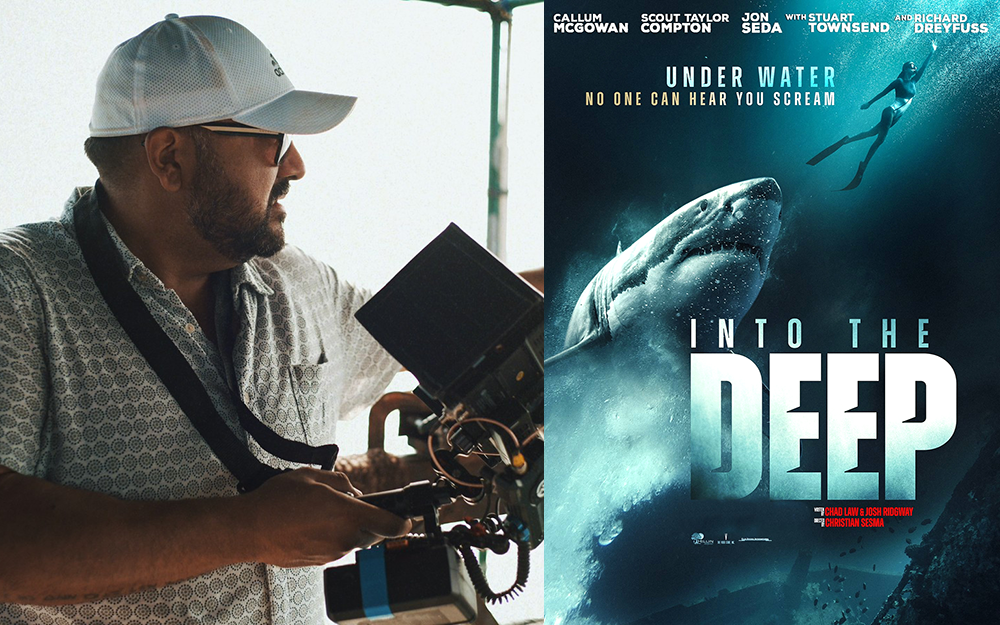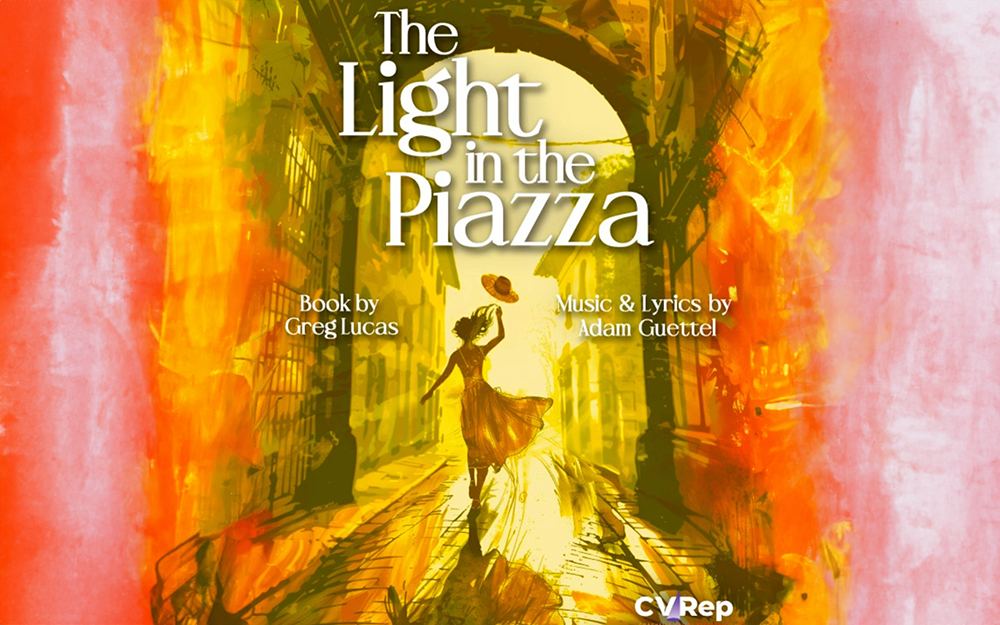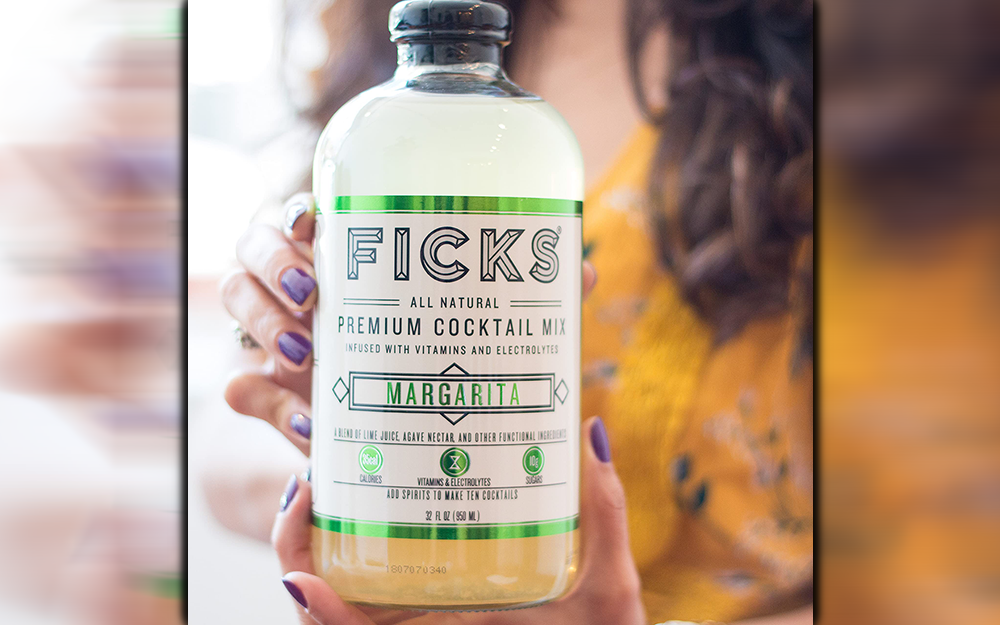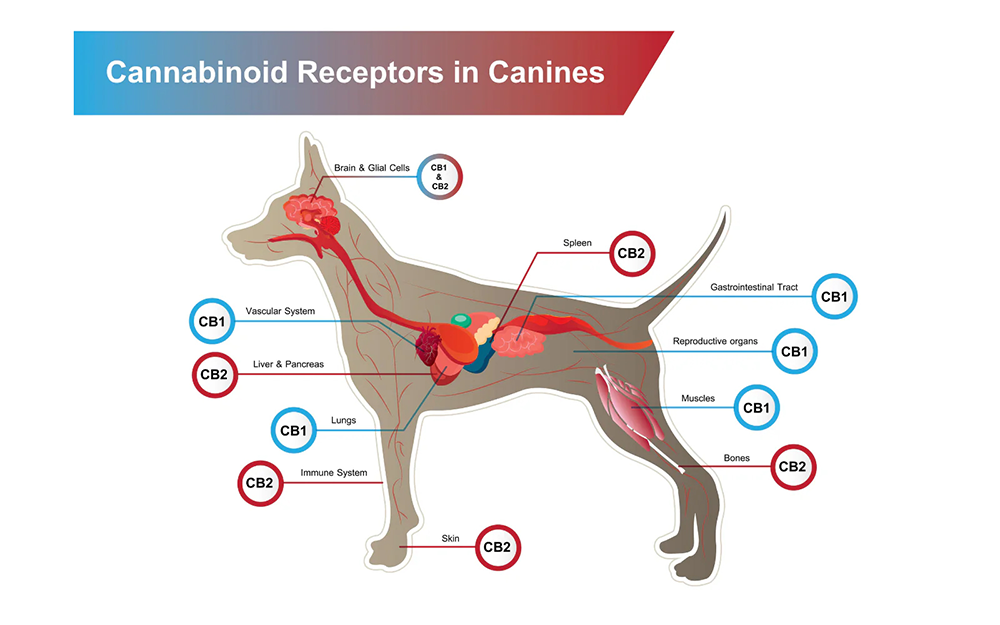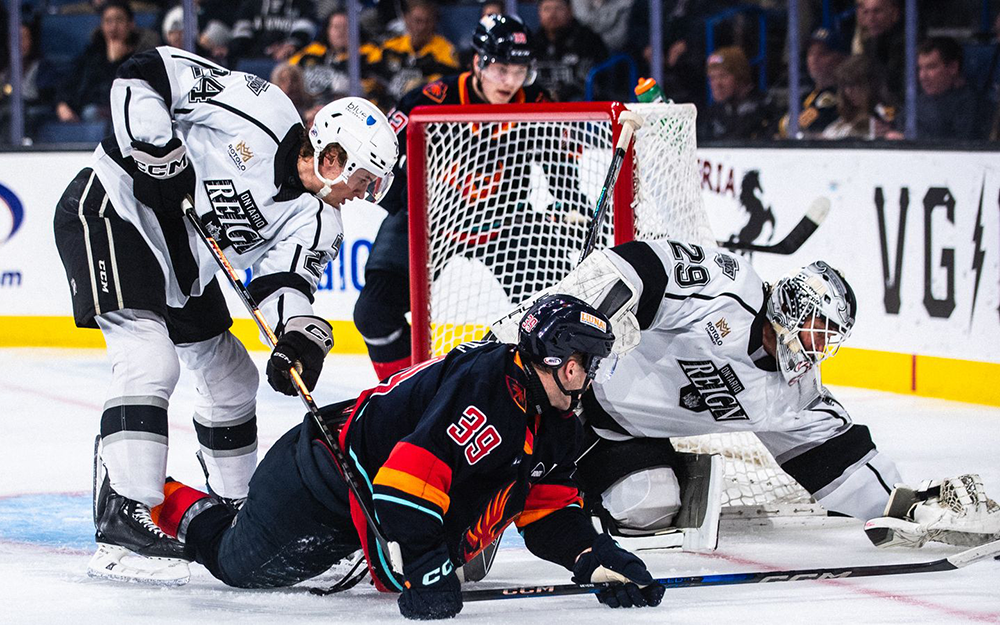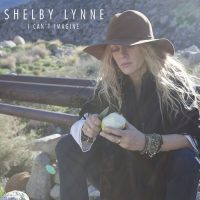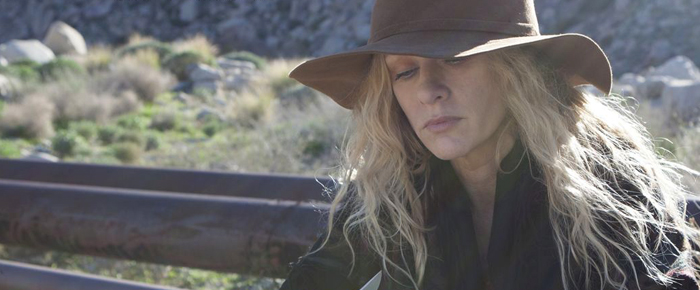
“I Can’t Imagine” (Rounder Records)
By Eleni P. Austin
Back at the turn of the 21st century, Shelby Lynne released I Am Shelby Lynne. The album was such a revelation it topped critics’ year end lists and was a modest commercial success. She even won a Grammy for Best New Artist. The irony was that Shelby Lynne began her music career in 1987, and she had already recorded six albums. She even addressed the incongruity when she accepted the award, noting it took “thirteen years and six albums to get here.”
Lynne had definitely travelled a hard road getting there. She was born Shelby Lynn Moorer in Virginia and raised in Jackson, Alabama, with her younger sister, Allison. Her father taught English and also worked as a juvenile corrections officer, her mother was a legal secretary. Both were musical, dad played guitar and mom had a beautiful singing voice. Books and music filled nourished their childhood.
But Shelby butted heads with her dad. Both of them tended to rebel against authority. Also, her father had a temper, which was exacerbated when he drank too much. In August of 1986, when Shelby was 17 and Allison was 14, their father shot and killed their mother and then turned the gun on himself.
The sisters survived this harrowing experience and Shelby took charge of raising Allison until they both came of age. She also briefly married her high school sweetheart. By the time she was 20, she had dropped her last name and moved to Nashville as Shelby Lynne to pursue a career in music.
After shopping some demos around, she ended up recording a duet with Country legend, George Jones. The song, “If I Could Bottle This Up,” reached the Top 50 on the Country charts and scored Lynne a deal with George Jones’ label, Epic.”
Shelby Lynne’s debut, Sunrise arrived in 1989, produced by Billy Sherrill. A veteran hit-maker, he was behind such classics as “Stand By Your Man” from Tammy Wynette and “He Stopped Loving Her Today” by George Jones. But his Countrypolitan production style didn’t mesh with Lynne’s Neo-Traditional vibe.
Her next two Epic albums were all over the map. On 1990’s Tough All Over the label seemed intent on turning her into the next Reba McIntyre. Meanwhile, 1991’s Soft Talk was slick Country-Pop. Lynne was also chafing at Music City’s need to control what she sang, how she looked and what she wore. So she jumped ship.
She landed at the tiny Morgan Creek label and released Temptation in 1993. While the album sported a glam cover shot worthy of Vogue magazine, the music was a throwback to Bob Wills-style Western Swing.
When Morgan Creek folded, she signed with the even tinier Magnatone label and recorded Restless in 1995. Critics gave her high marks, but the music buying public remained indifferent. She had promise, but it seemed like no one understood how to harness her idiosyncratic talent.
Shelby considered quitting music business, but somehow couldn’t. So she took charge of her career. First she relocated to Palm Springs for a little creative hibernation. She had been a recording artist for 10 years, but none of those albums felt personal.
Although she was between record labels, Shelby persuaded Bill Bottrell to produce her sixth album. Bottrell had enjoyed enormous success a few years earlier with Sheryl Crow’s debut, Tuesday Night Music Club.
Shelby had a couple of co-writing credits of previous albums, but she was determined her new music would be a reflection of her. So she and Bottrell collaborated, co- writing 10 tracks and recording them in a variety of locations. The result was a definitive declaration of independence, I Am Shelby Lynne.
The album had touches of Blues, Soul, Gospel and Rock & Roll. Island Records released it in Great Britain in 1999 and in the U.S. nearly a year later, Spring of 2000. Suddenly, Lynne was anointed by the Rock cognoscenti as America’s answer to British chanteuse Dusty Springfield.
Unfortunately, critical accolades and even a Grammy didn’t translate into sales. The record label demanded a quick follow up and paired Shelby with proven Pop producer, Glen Ballard. He had worked his magic on Alanis Moristette’s breakthrough, Jagged Little Pill, but he had also tampered with Dave Matthews’ winning formula. (The result was the wan DMB album, Everyday).
To capitalize on her Grammy momentum, Love, Shelby was released in late 2001. It wasn’t a bad record, but it wasn’t as great as I Am Shelby Lynne. Critics were confounded by the more Pop oriented style. It didn’t help that Shelby appeared on the cover looking like Brittney Spears’ slightly sluttier older sister, wearing a wife-beater and jean cut-offs.
Shelby bounced back by moving to Capitol Records and releasing the sparse (and aptly titled), Identity Crisis in 2003. The equally impressive Suit Yourself arrived in 2005 and featured “Johnny Met June” a sweet encomium written the day Johnny Cash died. Her reverence for Cash took another form when she portrayed his mother, Carrie, in the feature film,“I Walk The Line.”
Following a suggestion from (fellow desert denizen) Barry Manilow, Shelby’s next album, Just A Little Lovin’ tackled the Dusty Springfield songbook. She and Dusty always felt like kindred spirits and the album confirmed that ethereal connection. Released through Lost Highway Records in 2008, it was met (predictably) with rave reviews and modest sales.
Having grown tired of the arbitrary expectations of record labels, Shelby started her own, Everso Records. Through that imprint she released three more excellent editions to her impressive body of work. Tears, Lies & Alibis and Merry Christmas came out in 2010, Revelation Road arrived in 2011.
Now Shelby has returned with her 13th effort, I Can’t Imagine. Despite her antipathy for established record labels, it has been released through the Rounder label. The album kicks into gear with the painterly lament, “Paper Van Gogh.” Spare acoustic guitars, subtle piano flourishes and a hushed Greek chorus magnify her artistic angst; “I threw these colors down in a fit of rage, my feelings hardly fit onto the page/Cloudy memories make for darker days, but blue is how I paint myself today.”
“Son Of A Gun” and “Better” offer nuanced portraits of less fortunate lives. On the former, Shelby easily slips into the skin of an itinerant musician. The melody is equal parts intimate and expansive. Lap steel, 12 string, acoustic and electric guitars intertwine with warm piano notes. All provide ballast for this bleak tableau; “The heat burned my shoulders in the noon day sun, started out walkin’ and I prayed some/Hoping for shelter when the night went to shade, I’d bet on the weather but my hand’s been played.”
On the latter, the mood is subdued and desolate, accented by layered acoustic guitars, angular bass lines and subtle organ fills. The lyrics offer a cryptic account of a forgotten life. “Mystery keeps the lady in the gloom, freedom keeps her crazy as a loon.”
Shelby Lynne is almost as famous for her prickly persona as she is her protean talent. Insisting, “I give away so much in the songs, man,” her private life and family history are off limits. The best tracks here offer glimpses into that closed-off world.
The melody on the verses of “Back Door Front Porch” shares some musical DNA with Bob Dylan’s “You’re A Big Girl Now,” but the chorus feels like an emotional exhale. Repeating the refrain “backdoor, front porch, window,” like a mantra, it seems to transport her to her childhood home. She’s as homesick as Dorothy in “The Wizard Of Oz,” clicking the heels of her ruby red slippers.
“Down Here” is the biggest revelation, both musically and lyrically. The melody is raw and wanton, the instrumentation gritty and grungy, echoing the sonic collages that Neil Young and Crazy Horse pioneered. The lyrics are a not-so-subtle paean to the love that dare not speak its name. “I love you like I’m not thinking ‘bout it…it’s a natural thing/Even in my dark Dixie closet, it’s easy to see.”
“Love Is Strong” follows “Down Here” and acts as a loving coda to the other, more revelatory song. Jazzy, relaxed and contented, it feels wildly optimistic (for Shelby). It’s as though a crushing weight has been lifted. She admits “It’s like I’m newly born, any sign of weakness won’t last for long.” Each song feels like epiphany.
Other interesting tracks include the warm, languid groove of “Sold The Devil (Sunshine).” “Be Here Now” is a rueful carpe diem powered by slap-back syncopation and vibrant Wurlitzer colors. “Following You” opens with a lone n’goni intro from Jazz artist, Leni Stern. The notes of the West African string instrument unfold like a taxim before a more measured and bluesy melody takes hold.
The album closes with the title track. The lush melody is anchored by a propulsive rhythm and accentuated by lonesome pedal steel, graceful piano, acoustic and electric guitars. Attempting to comfort a troubled friend, Shelby is endlessly empathetic, but confesses she’s ready to return to her own life. “The voices pass, fading off the coast/The Desert skies calling me home.”
Shelby Lynne produced I Can’t Imagine herself, with help from multi-instrumentalist Ben Peeler. Christopher Joyner handled keys, Ed Maxwell provided bass, Michael Jerome played drums, Clarence Greenwood was a one-man Greek chorus on backing vocals and Brendan Buckley added percussion. Pete Donnelly was the album’s MVP, tackling guitars, piano, Wurlitzer and even co-writing two songs.
Shelby Lynne’s music cannot be defined or quantified by conventional terms; Country, Blues, Rock, Gospel, Alt.Country, Americana. Those labels have all been applied but haven’t really stuck. She lays it all on the line every time. Plain and simple, Shelby Lynne has soul.









